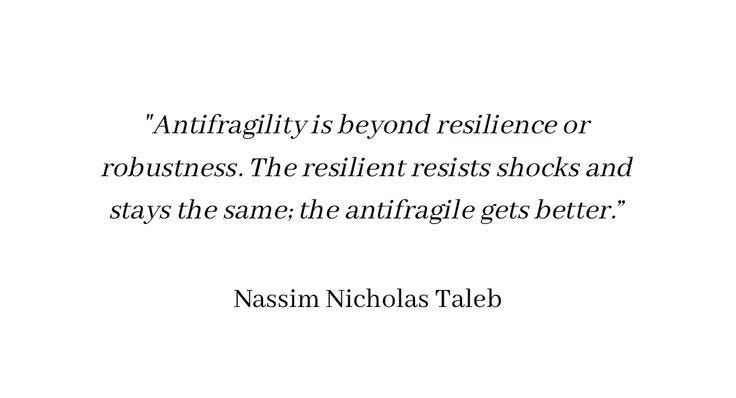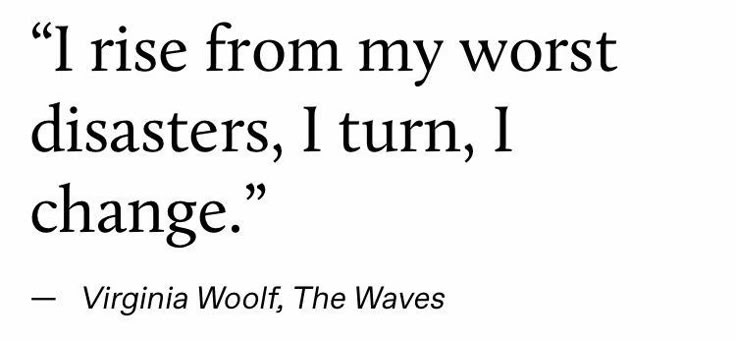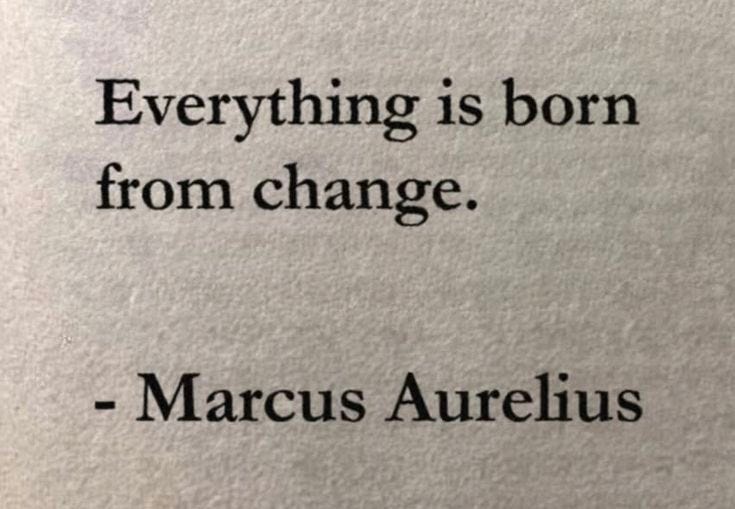There's something about the way we use the word "resilient" that's always bothered me. It's become this catch-all term for anything that doesn't completely fall apart under pressure. Your friend who bounced back from a breakup? Resilient. The economy that recovered from a recession? Resilient. That houseplant that somehow survived three weeks of neglect? Resilient.
But resilience, when you really think about it, is just about returning to a previous state. It's the psychological equivalent of a rubber band—stretch it, release it, and it snaps back to its original shape. Which is fine, I suppose, but it's not particularly interesting. What's interesting is what happens when something doesn't just bounce back, but actually becomes stronger because of the stress.
Nassim Taleb gave us a word for this: antifragility. It's an awkward term, almost contradictory in its construction, but it points to something genuinely profound. While fragile things break under stress and robust things endure it, antifragile systems actually benefit from disorder. They don't just survive volatility—they feed on it.
The concept feels almost counterintuitive until you start noticing examples everywhere. Your immune system doesn't just survive exposure to pathogens; it builds memory cells, creating a more sophisticated defense system. Bones don't just endure weight-bearing exercise; they respond by becoming denser, stronger. Forest fires don't just clear dead brush; they trigger the release of seeds that have been waiting in pinecones for exactly this kind of disruption.
Even in more abstract realms, the pattern holds. Democracy becomes more robust through the stress of opposition. Scientific theories grow stronger when they survive attempts at falsification. Markets, for all their volatility, tend to become more efficient through the chaos of competition and crisis.
But here's what I find most compelling about antifragility: it requires a fundamental shift in how we think about uncertainty and disorder. Instead of seeing volatility as something to be minimized or controlled, antifragile systems are designed to benefit from it. They have, in Taleb's language, "optionality"—they're positioned to gain more from positive surprises than they lose from negative ones.
This has implications that extend far beyond biology or economics. It suggests a different way of approaching life itself. Instead of trying to create perfectly stable, predictable circumstances, what if we designed our lives to benefit from the inevitable disruptions? What if we stopped seeing uncertainty as a threat and started seeing it as an opportunity?
The challenge, of course, is that this requires a kind of philosophical courage. It means being willing to expose ourselves to controlled doses of stress, uncertainty, and even failure. It means resisting the human tendency to over-optimize, to fill every moment and resource to maximum capacity. Because when you're operating at 100% efficiency, you have no room to maneuver when circumstances change.
The ancient Greeks had a concept called eudaimonia, often translated as happiness but really meaning something more like flourishing or living well. It wasn't about the absence of difficulty but about the cultivation of character through engagement with life's challenges. They understood that the good life wasn't the easy life, but the life that had been tested and refined through struggle.
Marcus Aurelius, writing in his Meditations, captured something similar when he wrote that "the impediment to action advances action. What stands in the way becomes the way." He was describing the Stoic practice of turning obstacles into opportunities, of finding benefit in apparent disadvantage. It's a kind of philosophical jujitsu—using the force of opposition to your advantage.
two powerful dynamics that foster antifragility:
1. Personal Insight through Active Discovery
Real, meaningful knowledge isn’t handed down from "experts"—it’s earned through experiences. Life is filled with hidden truths waiting to be uncovered. It might be realizing how certain conversations deepen your relationships or noticing what routines energize you uniquely. These insights feel small but have the power to dramatically reshape your life's trajectory.
These discoveries are personal and precious because they’re truly yours. Trusting your intuition when nobody else understands can feel lonely, but that courage is precisely what gives you a unique advantage.
When you engage actively—experimenting, reflecting, adjusting—you amplify your odds of stumbling onto something life-changing. These small discoveries often yield disproportionately large benefits, a concept known as leverage. Just as an author writes countless pages before penning a memorable line, your life's breakthroughs usually follow persistent trial and error.
But here's the catch: you must build feedback loops. Reflective journaling, meditation, or even honest conversations with trusted friends can transform random experiences into lessons. Without reflection, you’re merely wandering—valuable only if you learn from the journey itself.
This suggests a different relationship with failure, discomfort, and uncertainty. Instead of seeing them as problems to be solved, we might see them as information to be processed, as teachers to be learned from, as the very mechanisms by which growth occurs. Not passive acceptance, but active engagement with the unpredictability of existence.
This is why I developed THE DAILY 5, a structured journaling practice that uses AI as a thinking partner to help you recognize patterns you might otherwise miss. It's not about optimization—it's about becoming an archaeologist of your own experience, systematically documenting how you actually operate so you can see the connections between your choices, reactions, and deeper patterns. Just five minutes a day of honest documentation, with the kind of consistent reflection that transforms random experiences into genuine insight.
2. Space for Growth (Embracing the Last 1%)
Modern culture pressures us to optimize relentlessly, filling every moment and resource to maximum capacity. But paradoxically, this makes us profoundly fragile. Without extra time or resources, you're locked out of life's most meaningful opportunities—the asymmetric ones that appear unexpectedly and provide outsized rewards.
If you're fully committed, every moment accounted for, there's no room left to seize those opportunities. Worse yet, if you're dissatisfied but completely maxed out, you literally have nowhere to go. You become brittle, easily broken by stress or disappointment.
Growth requires breathing room. If your schedule or resources are fully allocated, the last tiny margin—perhaps just 1%—must be reserved strictly for your passions, the things that truly excite and inspire you. If you allow even that final 1% to be occupied by obligations, tasks, or demands that don’t ignite your spirit, growth becomes impossible.
Practical ways to safeguard that crucial 1% margin:
Deliberately scheduling unstructured free time
Actively resisting the urge to say "yes" to every request.
Cultivating interests that refresh rather than drain.
Protecting boundaries around your personal space and time.
True antifragility means carefully maintaining space, recognizing it as your greatest resource. Guard this space passionately—it's the soil in which genuine growth thrives.
Antifragility isn't about avoiding pain or chaos; it's about structuring your life to benefit from it. It’s understanding that failure isn't just inevitable—it’s essential. The question isn't whether we'll face uncertainty and disruption, but whether we'll be positioned to grow stronger because of them.
Life is inherently surprising. Embrace this reality, and design yours to flourish within uncertainty. The broken places, after all, are often where the most interesting growth occurs.
XO, STEPF
MORE FROM WILD BARE THOUGHTS 🐆
machine yearning
After I published my essay on self-pursuit last month, I started receiving lots of messages from people who wanted to know the practical mechanics of it all. I'd mentioned in passing that I use AI for daily journaling, calling it
the art of outgrowing yourself
I’m turning 36 this week so pardon me while I go through all the existential spirals ツ
the self-pursuit experiment: what happened when i stopped giving a f*ck about everyone else's path
I remember the first time I truly felt lost. It wasn't the geographic disorientation of wandering down unfamiliar streets or the momentary panic when you can't find your car in a sprawling parking lo…















When systems are connected together...whether technical systems like power grids or entire nations and cultures......there may be great benefits, but there is also likely to be a considerable increase in fragility. See my post Coupling:
https://chicagoboyz.net/archives/73917.html
As a commenter pointed out, the benefits from interconnectedness are usually here and now, whereas the downsides are uncertain and in the future, so tend to get ignored until they make themselves un-ignorable.
This post and those thoughts came at exactly the right time for me - I love the idea of safeguarding the 1%, of learning, of feeding back to yourself to make sure we're not just continually seeking growth but actively working on it.